
September 25, 2023
Press Release Consumer ProtectionEthics in GovernmentFinancial RegulationIndependent AgenciesJudiciarySupreme Court
Clarence Thomas Must Recuse From Koch-Backed CFPB SCOTUS Case
Corrupt Supreme Court Justice should not participate in case that would benefit his wealthy benefactors.
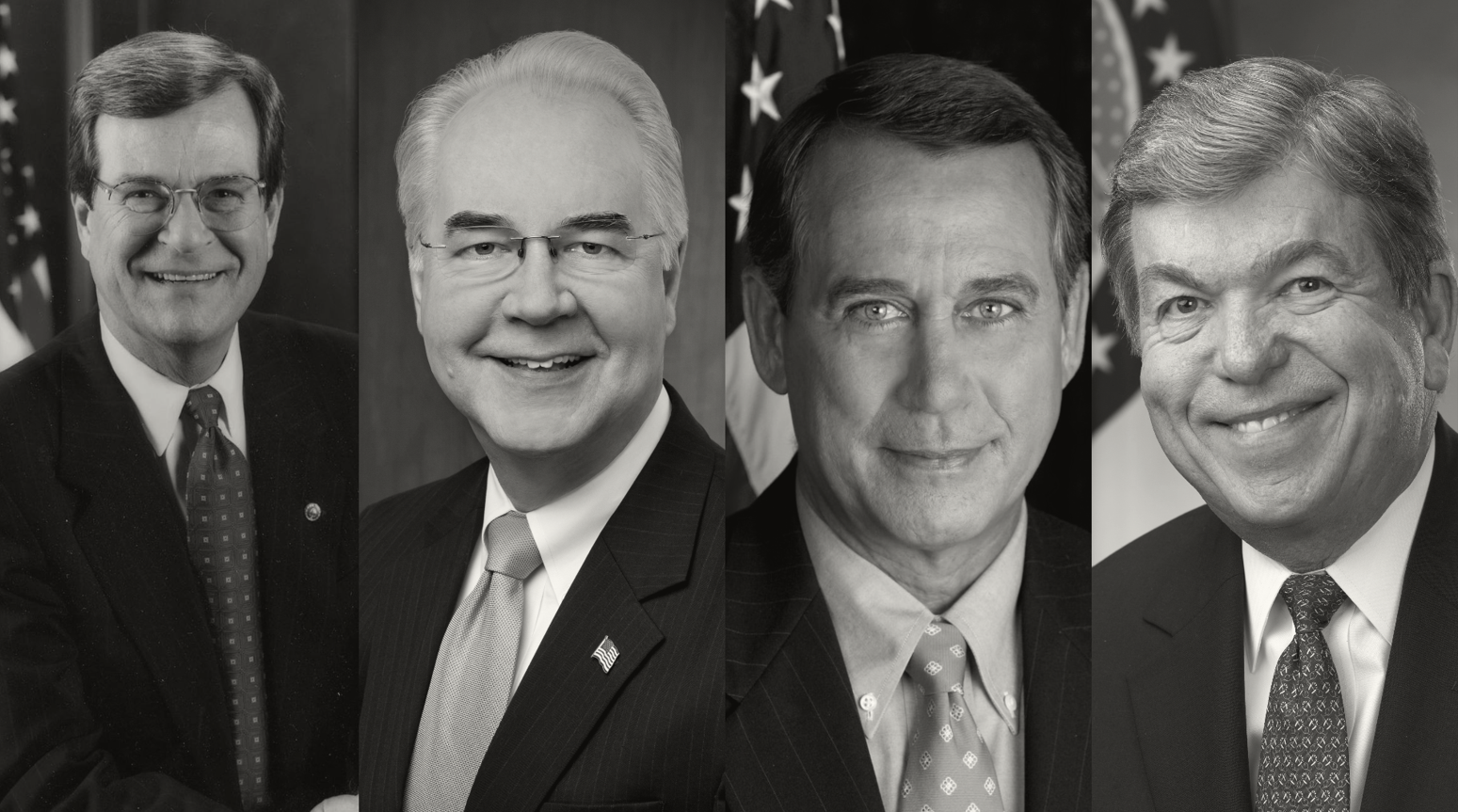
September 21, 2023
Disgraced Revolving Door Republicans Back Payday Lender Attack On CFPB
Trent Lott, Tom Price, John Boehner and other corporate shills are back to rip you off again.
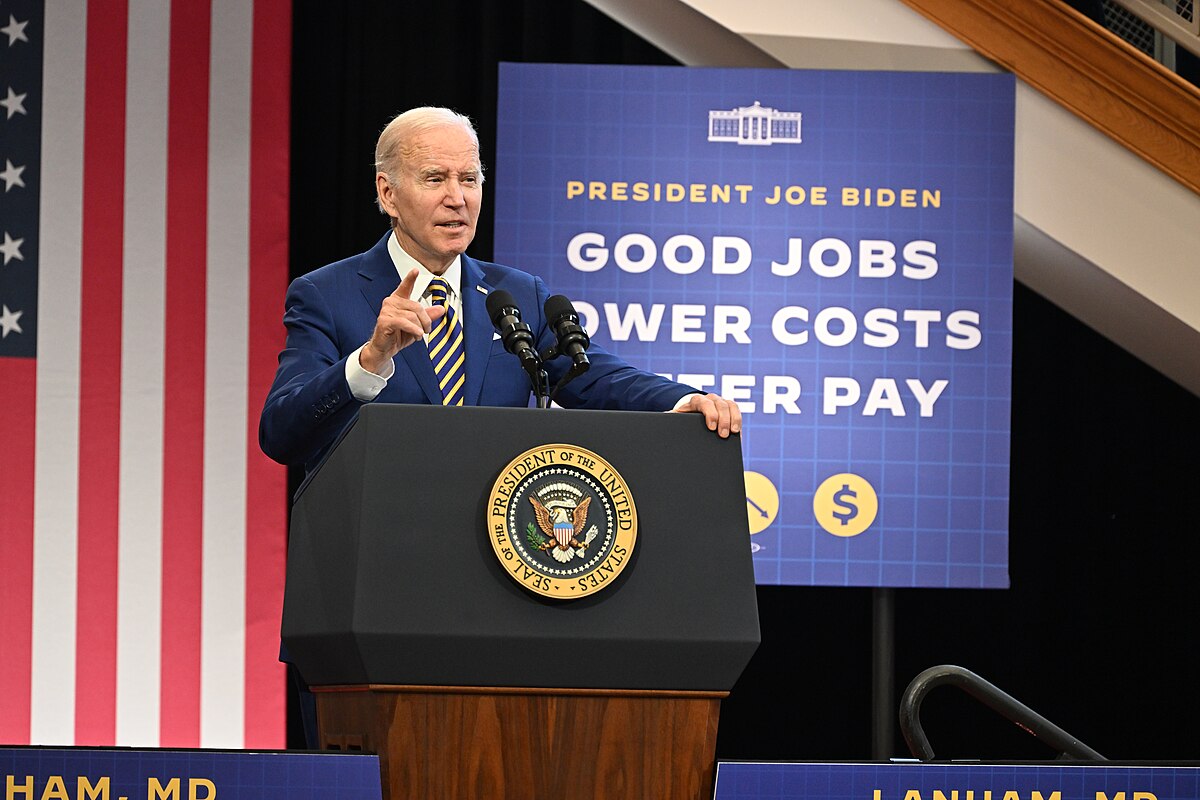
September 06, 2023 | Revolving Door Project Newsletter
Cracking Down on Judicial Corruption & Celebrating Pro-Labor Rulemaking
With Labor Day now behind us, Hot Labor Summer has come to a scorching end, but the labor movement is alive and well with several heavyweight bouts looming on the horizon. This transition time is the perfect moment to take stock of the Biden administration’s labor allyship — applauding recent rulemaking efforts, highlighting some shortcomings, and previewing some potential labor strikes coming this fall.
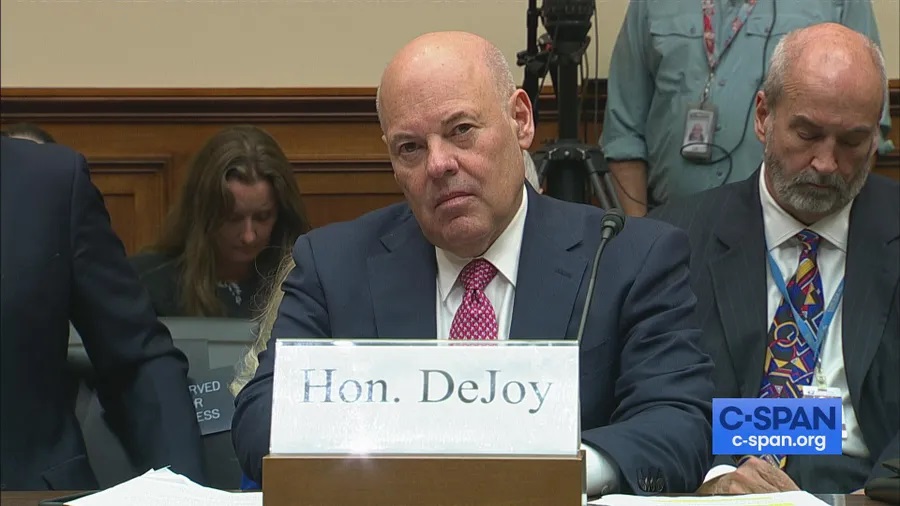
August 16, 2023
Louis DeJoy Is Not A Climate Ally
DeJoy remains the single biggest impediment to getting a fully electric and union-built postal fleet.
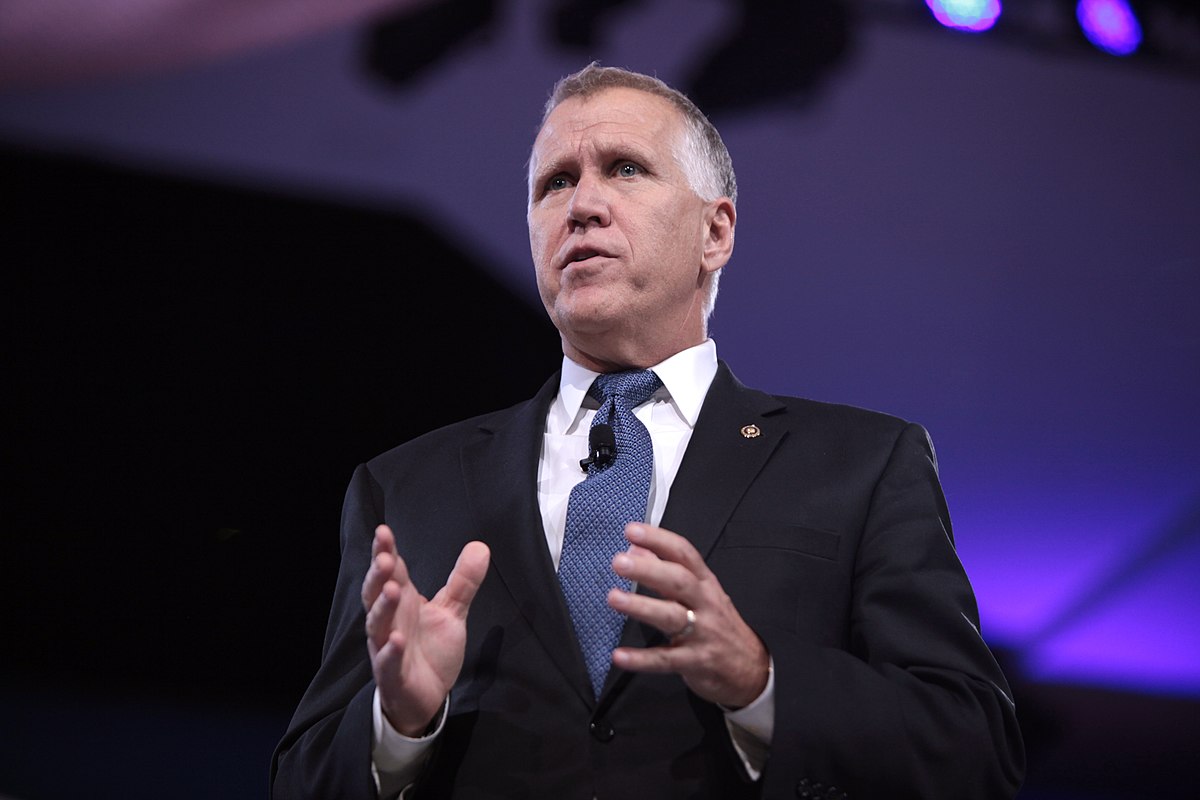
August 03, 2023
Blog Post BankingCampaign FinanceCongressional OversightConsumer ProtectionFinancial RegulationIndependent Agencies
Why Does Thom Tillis Love Junk Fees?
Because his corporate donors profit from them.
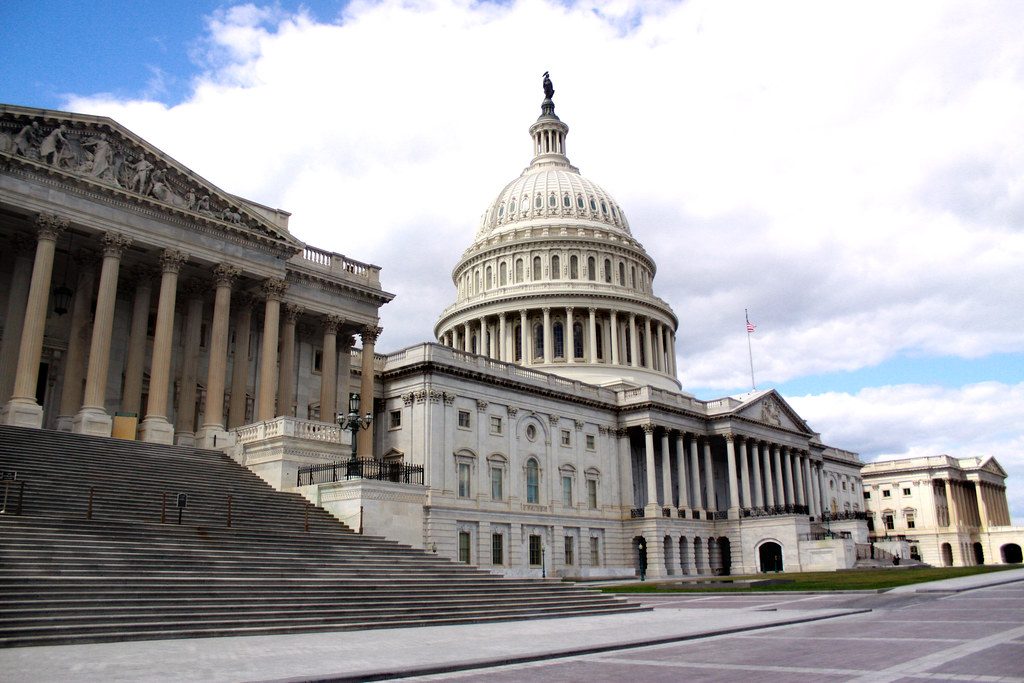
July 18, 2023
Toni Aguilar Rosenthal Ananya Kalahasti
Blog Post Confirmations CrisisExecutive BranchIndependent Agencies
Independent Agency Spotlight Update: Summer 2023
This past spring gave us a slow rate of nominations from the White House and a similarly glacial pace of confirmations from a Senate that has been plagued with an utterly dysfunctional confirmations system.
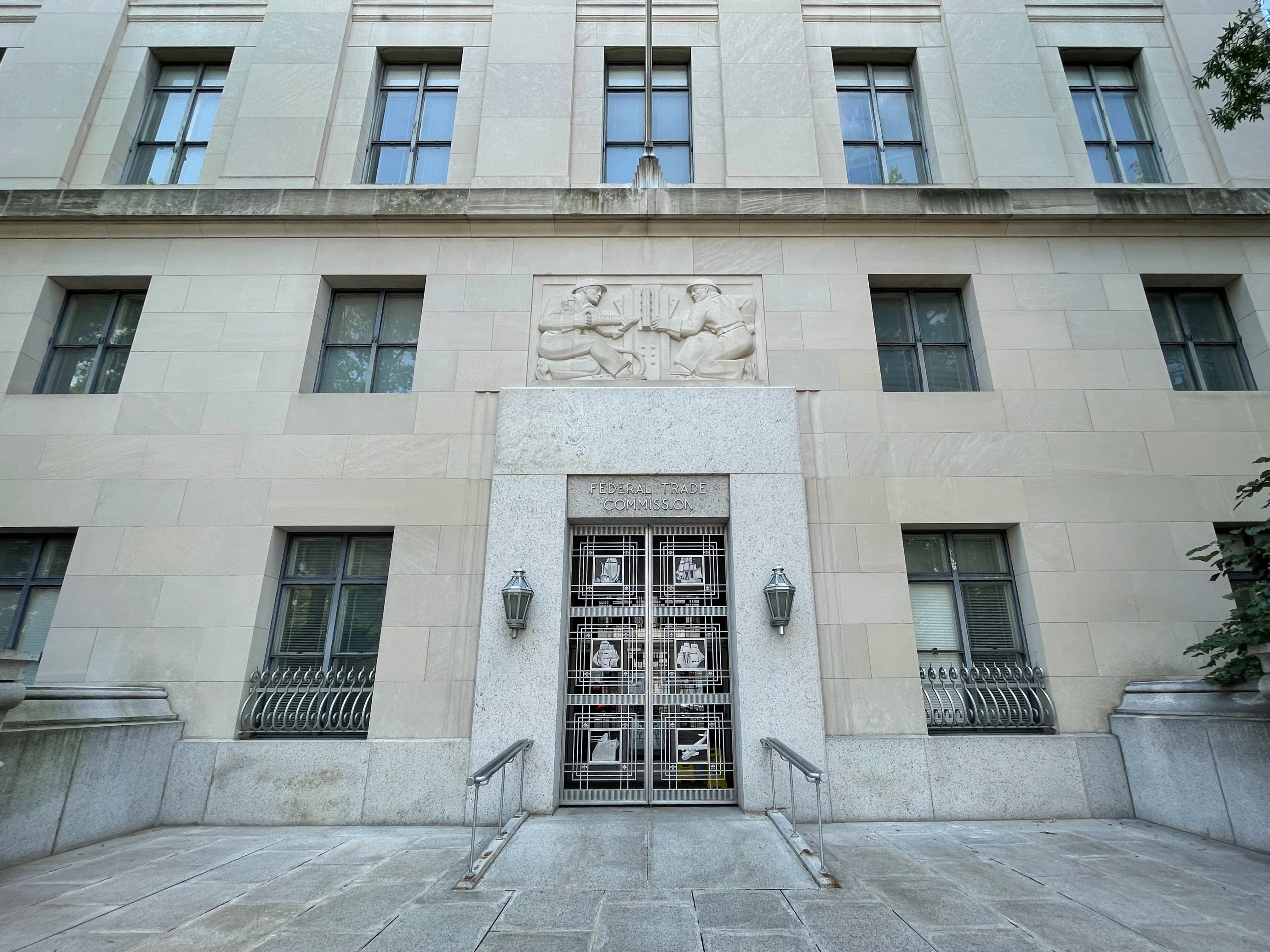
July 17, 2023 | The American Prospect
The Climate Denialist Think Tank That Might Produce The Next FTC Commissioner
It turns out that radical ideology IS allowed at the FTC.

July 11, 2023
Blog Post Consumer ProtectionFinancial RegulationIndependent AgenciesJudiciaryRevolving DoorSupreme Court
Trump’s CFPB Saboteurs Tell The Supreme Court To Finish The Job
Mick Mulvaney and Eric Blankenstein want to permanently cripple their former agency.
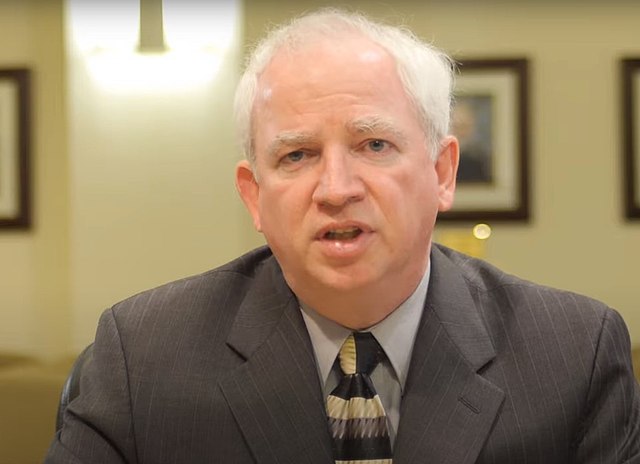
July 07, 2023
Blog Post 2020 Election/TransitionConsumer ProtectionFinancial RegulationIndependent AgenciesJudiciarySupreme Court
Coup Memo Author John Eastman Tells SCOTUS To Gut The CFPB
The crackpot former Trump lawyer, who is facing disbarment for trying to overturn the 2020 election, wants to help Big Business rip you off.

July 05, 2023 | The American Prospect
Lina Khan Haters Took A Premature Victory Lap
It turns out that the ethics official who recommended that Khan recuse herself from a case involving Meta is an owner of Meta stock. This ethics judgment was music to the ears of the media organizations, Republicans, and antitrust hacks who have been attacking Lina Khan throughout her leadership. Beyond being wrong and selective in singling out FTC officials for ethics concerns, the problem with Pankey’s opinion is deeply ironic. Pankey herself has a legitimate conflict of interest in relation to Meta.

June 15, 2023 | The American Prospect
Pandemic Fraud Is Really, Truly, Not A Big Deal
By focusing on the (inflated) total defrauded, reporters are using big-sounding numbers without any context to try to scare the public.

June 14, 2023
Christine Varney Made A Career Out Of An Agency She Now Deems Unconstitutional
Implicit in the worldview of these revolvers is the idea that corporations should be free to operate and acquire competitors with near impunity, therefore antitrust enforcement should be as narrowly tailored as possible. This is obviously problematic — we need regulators that believe in the government’s ability to take on corporations with outsized market influence — but Cravath, Swaine & Moore’s Christine Varney recently took things many steps further in her representation of the biotech company Illumina in its case against the FTC. Varney doesn’t just attack specific enforcement actions as unwarranted, but calls into question the constitutionality of the FTC’s authority to issue enforcement actions in the first place.

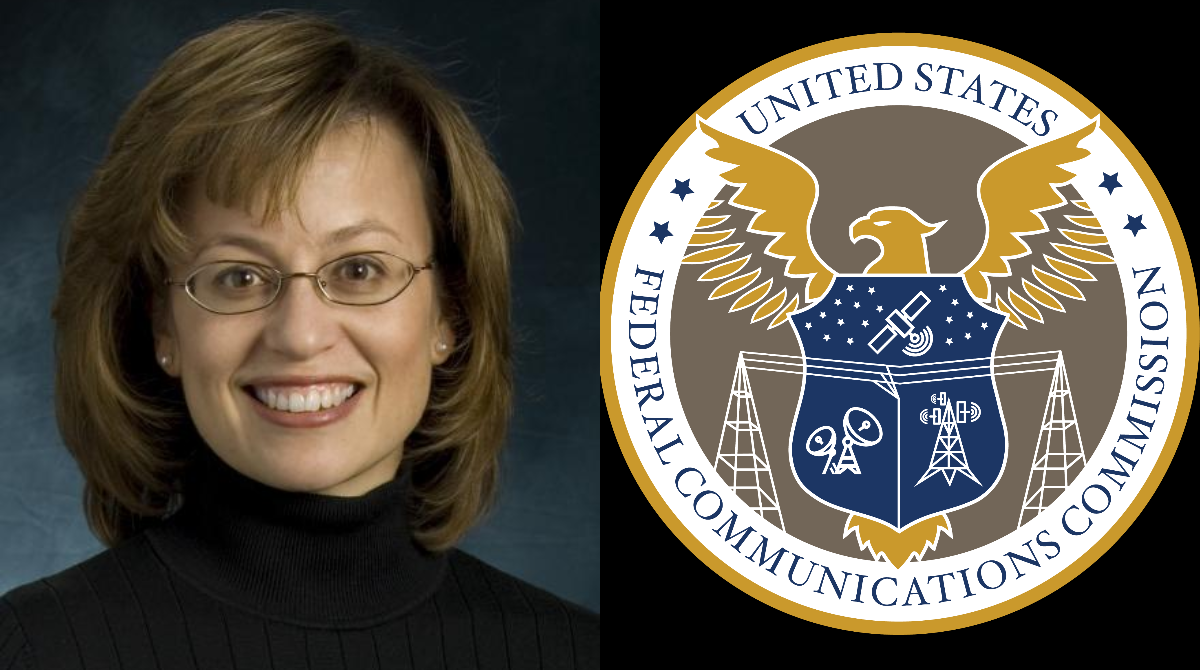
June 06, 2023
Senate Must Get Net Neutrality Answers From Revolving Door FCC Nominee
Does former corporate lobbyist Anna Gomez stand for Big Telecom or a free and open internet?
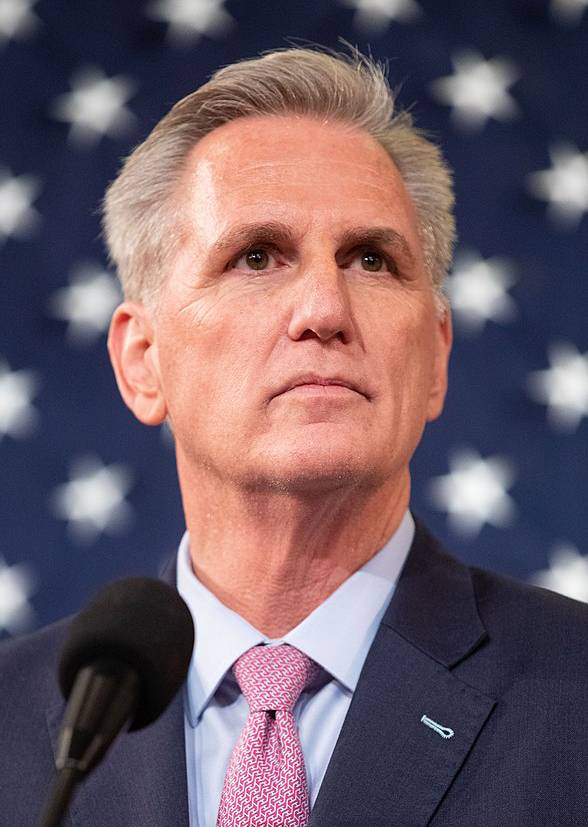
May 27, 2023 | Common Dreams
Three Things the Media Misses When Discussing the Debt Ceiling
Spending cuts aren’t minor, caps ignore inflation, and President Biden isn’t helpless.
